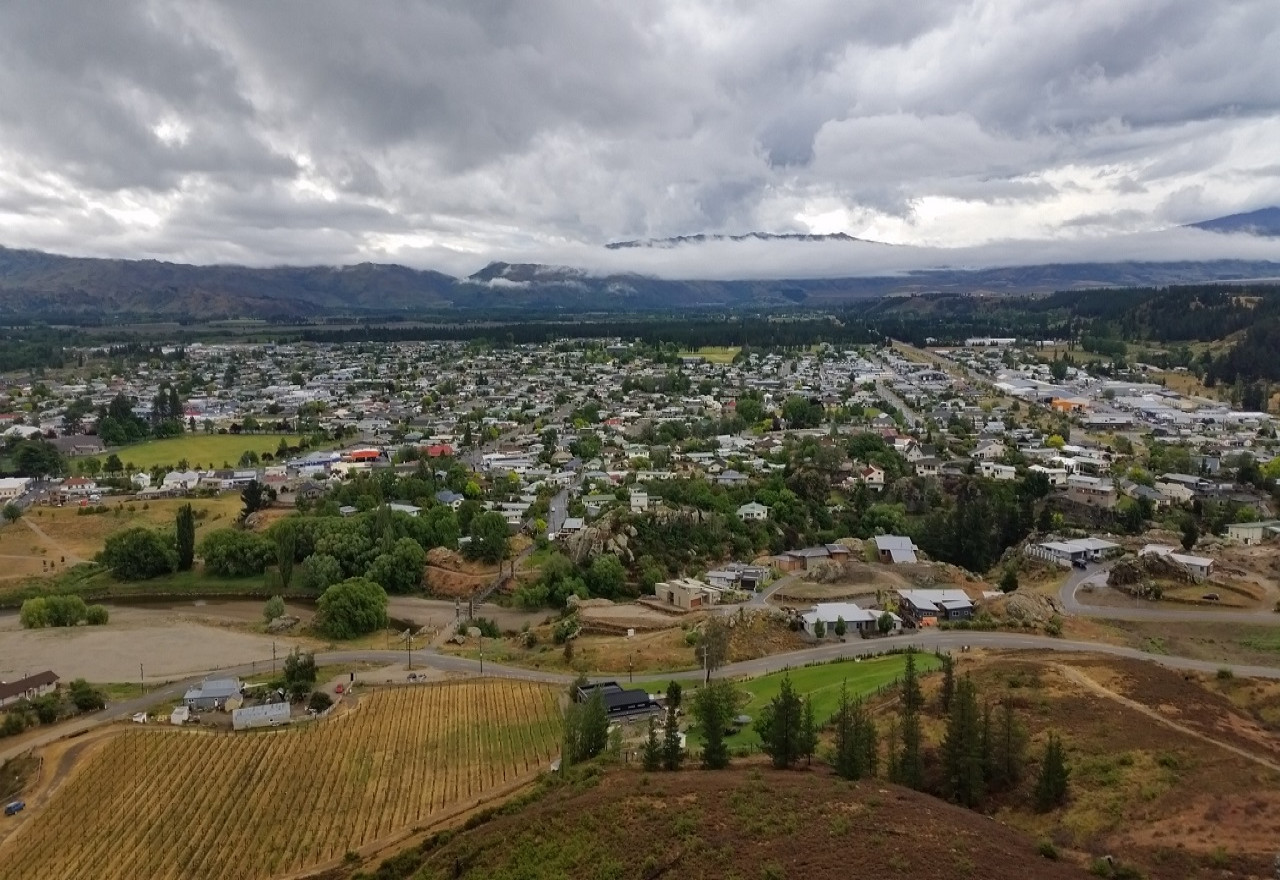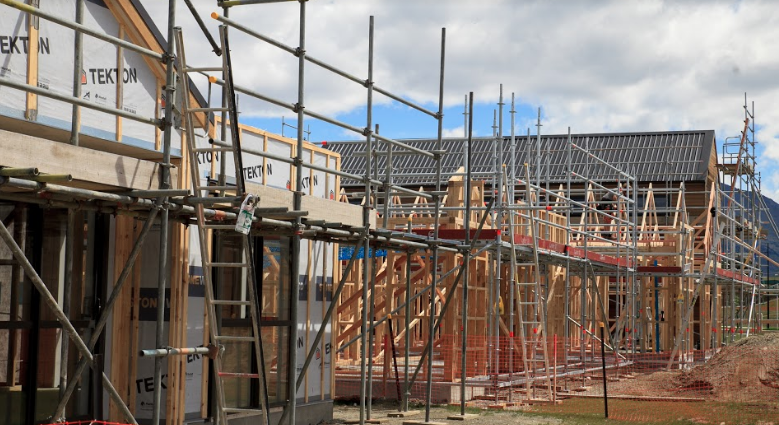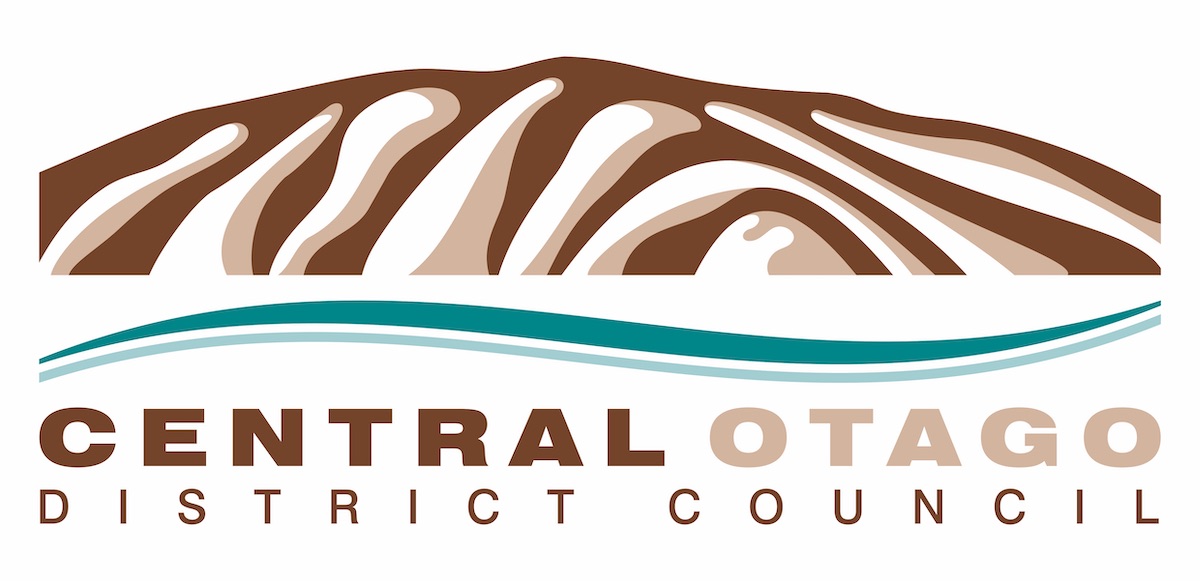Local ‘regional deal’ progresses to next stage
Staff Reporter
02 July 2025, 5:30 AM
 Regional Deal priorities include economic growth, abundant housing, and closing the infrastructure deficit.
Regional Deal priorities include economic growth, abundant housing, and closing the infrastructure deficit.Otago Central Lakes has taken the first formal step towards developing a ‘Regional Deal’ with central government.
This week, the councils in Otago Central Lakes - Central Otago District Council (CODC), Queenstown Lakes District Council (QLDC), and Otago Regional Council (ORC) - officially kicked off negotiations by signing a memorandum of understanding (MoU) with government ministers.
CODC mayor Tamah Alley said “while it is by no means a done deal, it is a huge step forward and shows a commitment by the region and central government to address some of the unique challenges in our communities”.
“Central Otago understands the growth issues Queenstown has faced in recent years and we are already seeing some of those emerge in our district. Working alongside ORC, QLDC and central government to future proof our communities across infrastructure, housing and economic growth is a smart play’.”
Click below to watch the mayor react to today’s announcement.
Queenstown Lakes mayor Glyn Lewers said a Regional Deal, if finalised, could address critical infrastructure needs and support sustainable economic growth in the district.
“Our entire region is seen as a highly desirable place to live and visit, but we can’t manage the impact of growth alone,” Glyn said.
“We need to work with central government on affordable and sustainable tools that enable us to continue to manage growth and ensure the entire region retains its status as a destination of choice.”
Otago Central Lakes lodged its Regional Deal proposal in February and is one of only three regions selected to progress from a total of 18 applications.

This district is seeing some of the growth issues faced by Queenstown in recent years, CODC mayor Tamah Alley says.
Details about how the Regional Deals (and their City Deal counterparts) will work have been scant but infrastructure minister Chris Bishop provided more information this week.
“City and Regional Deals will be strategic 10-year partnerships between local and central government to progress joint priorities including economic growth, enabling abundant housing, better management and utilisation of local assets, and closing the infrastructure deficit,” the minister said.
The government will offer ‘Deal’ partners improved government coordination, early collaboration on system reforms (covering zoning, streamlined planning and land acquisition, among others), new funding and financing tools, and support to “unlock” growth sectors.
The government will expect partners, among other things, to provide “a better framework/structure for regional relationships with central government, and improved asset renewals, maintenance and management including ensuring a pipeline of future infrastructure work”, the minister said.
“We also expect that councils will go above legal and regulatory minimum requirements to unlock housing growth including around rapid transit corridors and where central government has invested in infrastructure.”
Since the MoU announcement, elected members from other councils within Otago Central Lakes have shared their support for working out a Regional Deal with central government.
ORC chair Gretchen Robertson said it was a “great step forward to give the region the ability to get ahead and manage the impacts of that growth and ensure the region remains one of the greatest places on earth to live, work and play”.
In the coming months representatives from Otago Central Lakes will negotiate with central government around the contents of the Regional Deal.
Final approval will rest with individual councils and cabinet.
The government hopes to have the first Regional Deal signed by the end of the year, Chris said.








